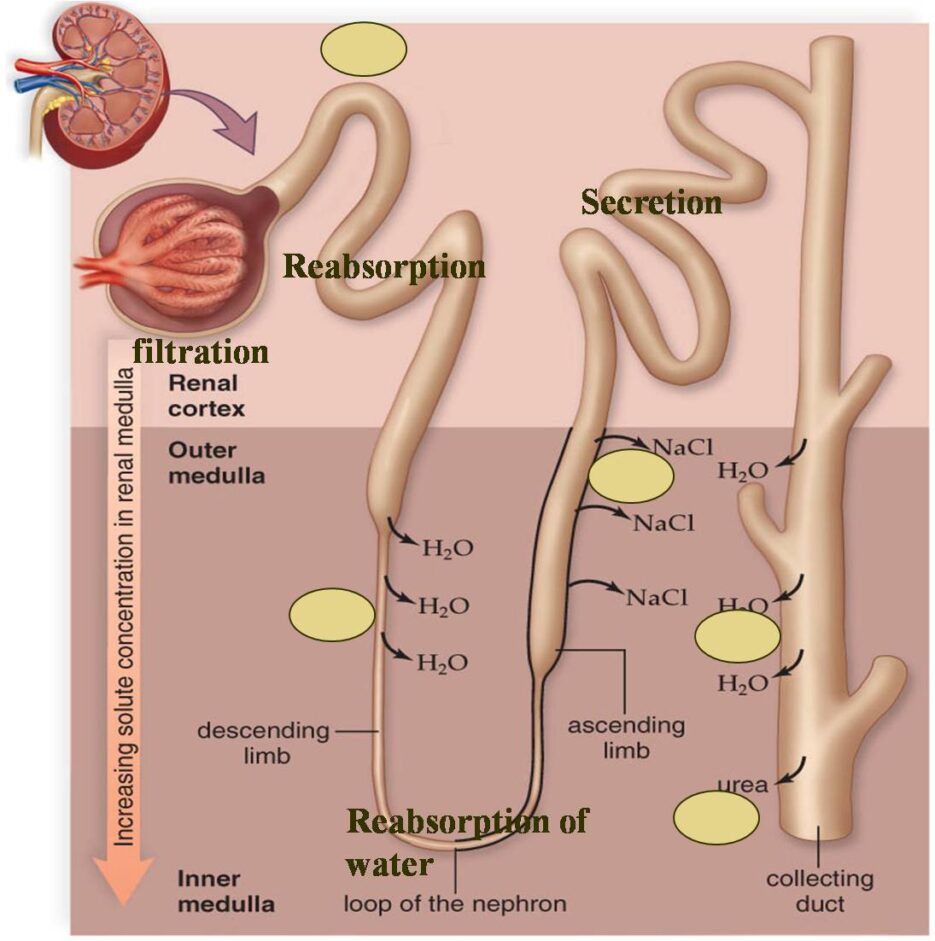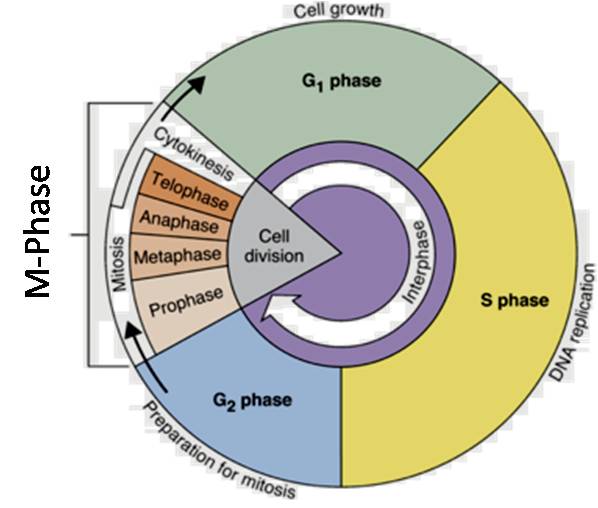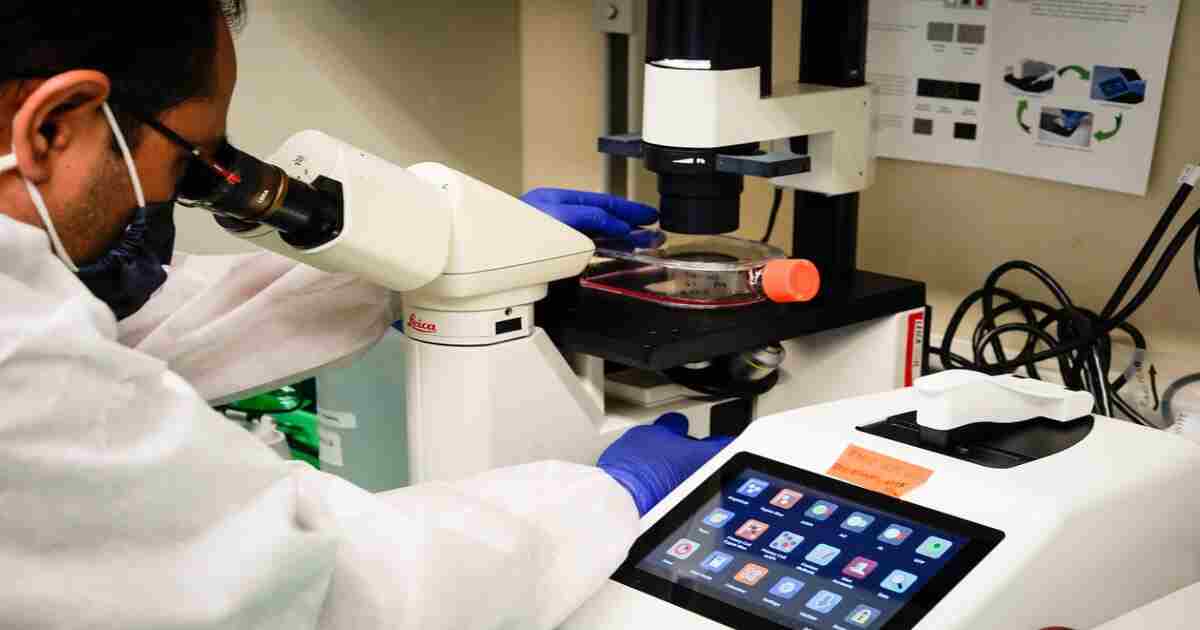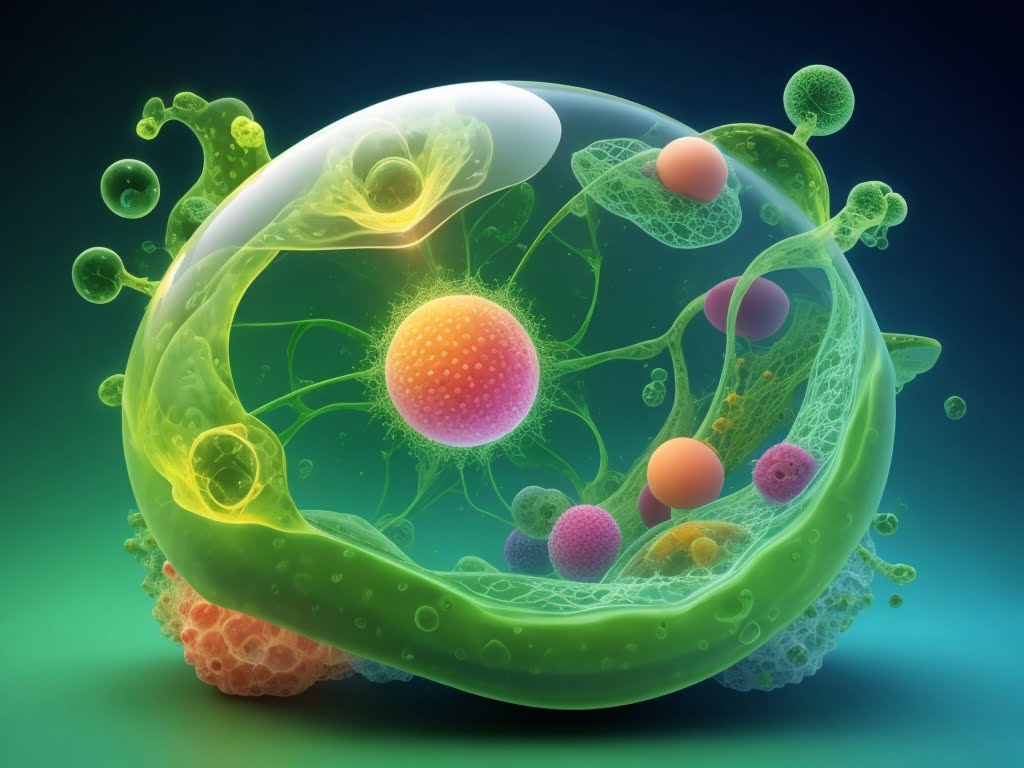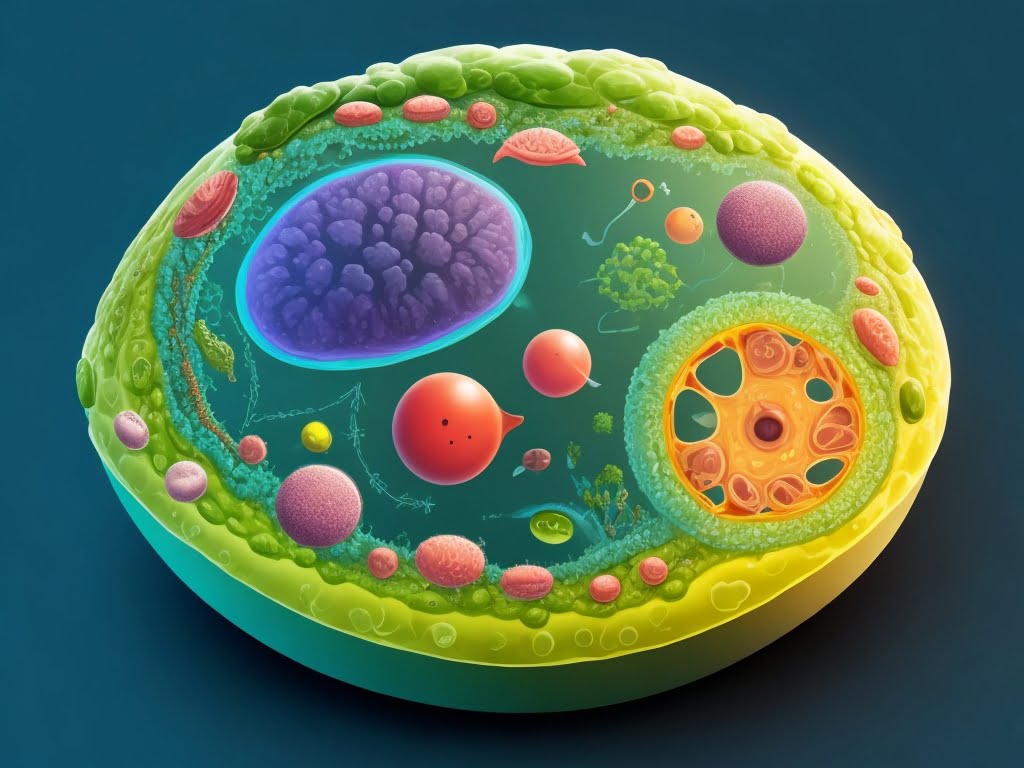New Discovery of Cell Division: It is the process by which a parent cell divides into two or more daughter cells, is a fundamental mechanism in biology. It plays a pivotal role in various biological processes, including growth, development, and reproduction. Over the years, researchers have made significant strides in understanding the intricate mechanisms underlying cell division. However, recent advancements have unveiled a new dimensions to this fundamental process, leading to groundbreaking discoveries that challenge traditional notions.
New Discovery of Cell Division
There are actually two recent discoveries related to cell division that challenge our understanding of this fundamental process.
1. Atypical cell division in zebrafish
There have only been two primary forms of animal cell division for hundreds of years. However, a novel and surprising type of cell division that takes place without DNA replication has recently been discovered by researchers.
In 2022, researchers discovered a new form of cell divide in zebrafish that challenges the long-held belief that cells must completely replicate their DNA before dividing. This unusual division, called asynchronous fission, involves a mother cell dividing into two daughter cells, with one inheriting most of the DNA and organelles, and the other receiving a smaller share. This discovery suggests there may be more diversity in cell division than previously thought and could help explain how rapidly growing organisms like zebrafish expand their skin surface area.
2. Mechanism controlling cell division
More recently, researchers have identified a protein complex called the Mediator that plays a role in regulating cell division. The Mediator moves along DNA genes, and its movement may influence how cells divide. This finding could be significant for future research into diseases like cancer, where cell division is uncontrolled.
Scientists at Umeå University in Sweden have shown that the movement of a unique protein complex known as the Mediator along DNA genes may affect the process of cell division. The finding might be significant for next studies on the management of particular illnesses.
Lead author Stefan Björklund, a professor at Umeå University‘ Department of Medical Biochemistry and Biophysics, says, “We have gained in-depth knowledge of how cell division is controlled, which is important for understanding the causes of various diseases that are due to errors in cell division, such as various tumour diseases.” The ribosome is a piece of equipment found in every cell. It creates proteins using DNA as a template, which are essential for almost all cellular functions. But first, in a process known as transcription, the cells must duplicate the instructions into mRNA.
The Umeå University research team has found that the creation of proteins that comprise ribosomes can be regulated by the Mediator, a protein complex in the cell nucleus, which can bind to DNA and interact with Lsm1-7, another protein complex.
According to the study, cell divide slows down in situations when cells grow too thickly. In response, the mediator travels to the terminus of the genes, where it engages in interaction with Lsm1–7. This slows down the rate at which genes are read and obstructs the maturation of messenger RNA.
This ultimately results in a slower rate of cell division due to a decrease in ribosomal protein synthesis. Prospective investigations could explore the feasibility of manipulating the mediator’s location to impede swift cell development, as shown in tumors.
“We are still early in the research in the field, so more studies are needed before we can say that this is a viable path, but it is an exciting opportunity,” says Stefan Björklund.
The research was carried out in yeast cells, which are a useful model for comprehending fundamental mechanisms that function similarly in more complicated systems like animal and plant cells. These are both relatively new discoveries, and scientists are still working to understand the full implications of these findings. The new mechanism involving the Mediator complex could provide insights into diseases like cancer, where cell division is uncontrolled. Asymmetric fission could help explain how organisms rapidly grow and develop.

